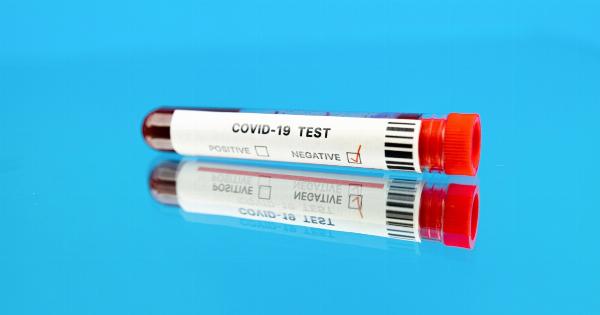Artificial intelligence (AI) is revolutionizing almost every industry, and healthcare is not an exception. The potential of AI to transform the healthcare sector is immense.
Among the most significant implications of AI in healthcare is matching the competence of doctors.
AI and medical diagnosis
One area where AI has already shown its ability to match the competence of doctors is medical diagnosis. AI can leverage vast amounts of data, including medical history, lab results, and imaging, to reach an accurate diagnosis.
In fact, AI can diagnose certain diseases better than trained physicians can. For instance, a study published in The Lancet Digital Health in 2018 showed that an AI system outperformed dermatologists in identifying skin cancer.
Similarly, another study in 2019 demonstrated that an AI system can better detect breast cancer than human doctors can. In addition to providing more accurate diagnoses, AI-based diagnostic systems can reduce costs and improve patient outcomes by identifying diseases at earlier stages.
AI and medical treatment
AI is also transforming the way medical treatment is administered. In some cases, AI may even surpass the abilities of humans doctors.
A recent study published in the Journal of Clinical Oncology showed that an AI algorithm can better predict which patients with advanced cancer are likely to benefit from immunotherapy than oncologists can. The researchers assessed the algorithm’s performance on the overall survival of 190 patients and found that the AI algorithm was more accurate than the doctors. This is just one example of how AI can help doctors make better treatment decisions.
AI and medical research
AI is also revolutionizing medical research. Pharmaceutical companies are using AI-based systems to discover new drugs and bring them to the market faster.
AI can quickly analyze vast amounts of data and predict which molecules are likely to be effective drugs. This can significantly reduce the time and cost of drug discovery, which traditionally takes years and billions of dollars.
Moreover, AI can help identify patients who are suitable for clinical trials, analyze trial results, and improve medical research productivity.
AI and personalized medicine
Personalized medicine is an emerging trend in healthcare, and AI is a key enabler of this trend. Personalized medicine involves tailoring medical treatment to individual patients based on their genetic makeup, lifestyle, and medical history.
AI can analyze tremendous amounts of data and identify patterns that can inform personalized treatment decisions. For instance, AI-based systems can predict which patients are at higher risk of developing certain diseases, identify the most effective treatments for individual patients, and monitor patient responses to treatment.
AI and medical image analysis
AI is transforming medical imaging analysis in numerous ways. Traditionally, radiologists had to manually analyze medical images, which can be time-consuming and prone to human errors.
However, AI-based systems can quickly analyze medical images, detect abnormalities, and determine the severity of diseases. Moreover, AI can enhance the sensitivity and specificity of medical imaging, leading to more accurate diagnoses.
AI-based image analysis can also improve the speed of diagnosis, reduce the need for invasive procedures, and facilitate remote diagnosis and treatment.
AI and medical chatbots
Another avenue where AI is pushing the frontier of healthcare is through medical chatbots.
Chatbots are conversational agents that can have a dialogue with patients and assist them in identifying symptoms, scheduling appointments, and even provide medical advice. With the help of natural language processing (NLP), AI-powered chatbots can understand patient queries and provide relevant responses in natural language.
Chatbots can connect patients with health professionals, provide mental health counseling, and even remind them to take their medications. Overall, AI-based chatbots can help improve efficiency, accessibility, and affordability of healthcare.
AI and healthcare management
Finally, AI is revolutionizing healthcare management by streamlining administrative tasks, optimizing resource allocation, and improving patient satisfaction.
AI-based systems can help healthcare institutions manage patient data, automate appointments, and optimize workflows. Additionally, AI can predict patient needs and preferences, enabling healthcare providers to customize patient experiences and improve satisfaction.
AI can also help manage staffing levels, reduce wait times, and allocate resources more efficiently, making healthcare more accessible for patients.
Conclusion
In conclusion, AI has demonstrated significant potential to match the competence of doctors in numerous areas of healthcare.
Its ability to rapidly analyze vast amounts of data, detect patterns, and make accurate predictions makes it a valuable tool in medical diagnosis, treatment, research, and management. While AI is not a replacement for healthcare professionals, it can supplement their expertise and make healthcare more effective, efficient, and accessible for patients.





























